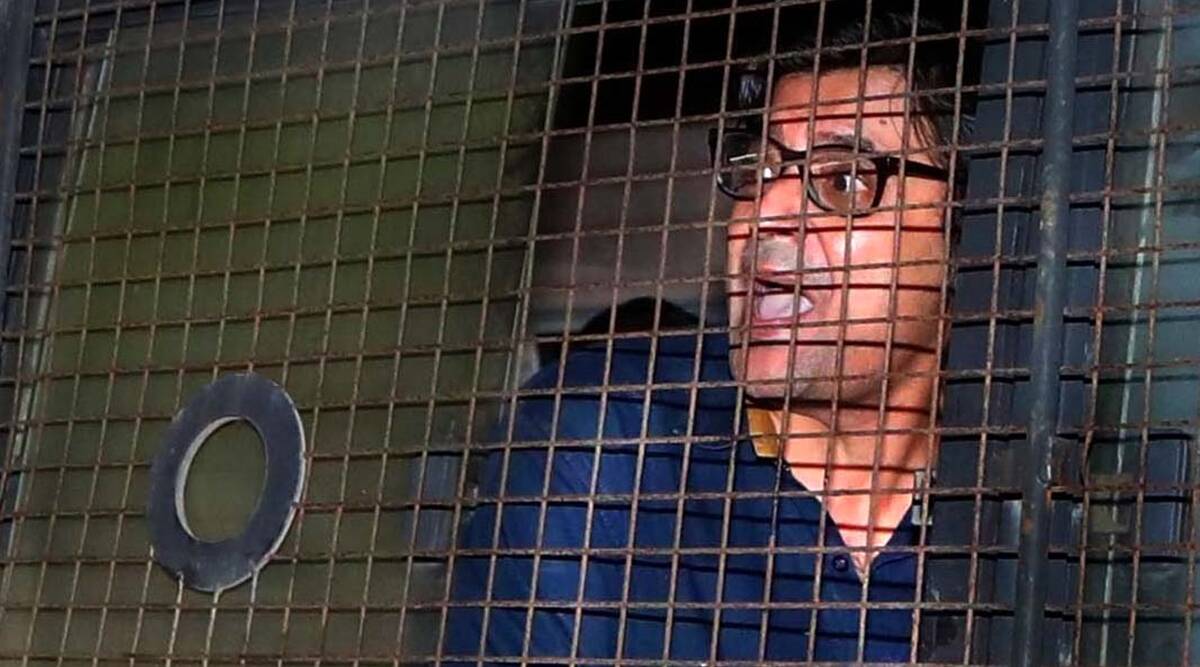Breach of Privilege Motion
The State Legislature of Maharashtra recently passed proposals stating that they will not reply to any notice sent by Supreme Court or High Court in the breach of privilege motion against the Republic TV editor Arnab Goswami. According to the Maharashtra government replying to such notices would mean that Judiciary can keep a check on legislature. This is inconsistent with the basic structure of the constitution.
What is privilege motion?
The members of parliament are granted with privileges to perform their duties properly. However, if any of the members mis uses these privileges it is considered as breach of privilege motion. Also, if an act obstructs the legislature or the member of the house in performing its functions, is treated as breach of privilege
Breach of privilege motion
- The parliamentary privileges refer to the rights and immunities enjoyed by the parliamentarians. Without these they cannot discharge their functions as and out upon them by the constitution.
- The scrutiny of breach of privilege motion is managed by speaker in Lok Sabha and by the chairperson in Rajya Sabha. Both chairperson and the speaker have the authority to consider the occupations and call upon the members to explain themselves.
- After the motion is passed, the Parliament (or Legislative Assembly) Speaker or Rajya Sabha (or Legislative Council) Chairman constitutes a Privileges Committee, which will look into the motion and recommend the punishment.
Cases of privilege motion
- The most recent breach of privilege motion was passed against the Defence Minister and the Prime Minister of the country. It claimed that the ministers have misled the country on Rafale fighter jet deal.
- In 1978 the most significant privilege motion was passed against Indira Gandhi. It was introduced by the then home minister Charan Singh. Under the motion she was found guilty and was expelled from the house.
- in 1976 Subramanian Swamy a BJP MP was expelled from Rajya Sabha for disgracing Indian government through his interview to foreign journals.
Constitutional Provisions
The powers, privileges and immunities of either House of the Indian Parliament and of its Members and their committees are laid down in Article 105 of the Constitution. While, the powers, privileges and immunities of the State Legislatures, their Members and their committees are described Article 194.
Parliamentary Privilege
Under Parliamentary privilege, the legislators are granted protection against civil or criminal liability for actions done or statements made in the course of their legislative duties. The special privileges are granted to maintain the dignity and authority of the Houses. But there are no clear notified rules to decide the breach of privilege. The chapter 16 rule 187 of Rajya Sabha and the chapter 20 of rule 22 for Lok Sabha have mentioned the privilege motion.
Month: Current Affairs - December, 2020
1 Comment
Leave a Reply
You must be logged in to post a comment.



sarkar
December 24, 2020 at 12:15 pmWELL DONE. ONLY MAHARASHTRIANS CAN GET RID OFF THIS NUISANCE AND IT’S RESULTS (REPUBLIC TV)!